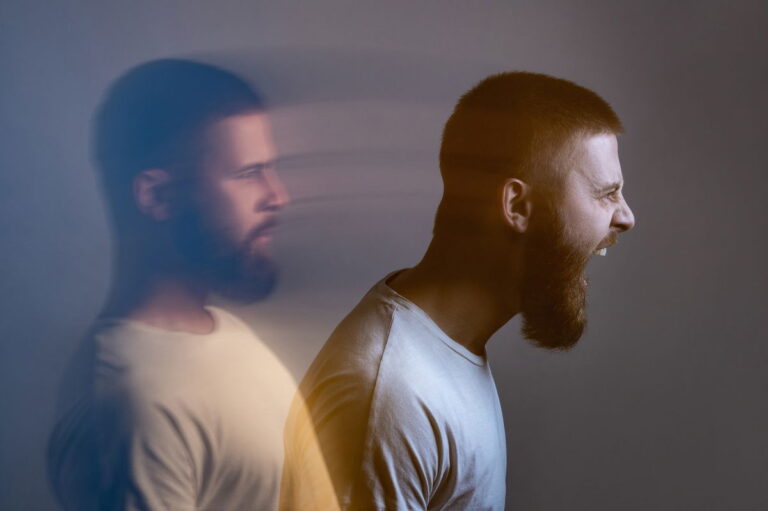
Meditating on the grass, an out-of-body experience. Credit: Vika_Glitter, Pixabay
A new study published in Frontiers in Psychology explores how people interpret out-of-body experiences (OBEs) and what it has revealed about consciousness.
Through interviews with 10 healthy adults who reported OBEs outside of near-death contexts, researchers uncovered recurring themes: vivid sensations, emotional clarity, and deep philosophical reflections – often more intense than waking life.
What are out-of-body experiences (OBEs)?
Out-of-body experiences are moments when people feel as though their consciousness is detached from their physical form. These experiences have been described in many cultures throughout history and are often dismissed as hallucinations or neurological errors.
The study took place on Thursday, April 10, 2025. The researchers, based at the Autonomous University of Barcelona, used in-depth, semi-structured interviews to gather first-hand accounts. Participants were all mentally healthy, ranging in age from 21 to 56, and had no history of neurological disorders. Most reported only one or two OBEs in their lifetime, while three had experienced them regularly since childhood.
How did participants describe their out-of-body experiences?
While each account was unique, several patterns emerged:
- Every participant said the OBE felt “real” – often more vivid than dreams or daily life.
- Many happened while lying in bed, meditating, or sitting quietly. One was triggered by an orgasm, another by ketamine use.
- Some felt fear, especially when unsure if they could return to their body. Others described feelings of peace, curiosity, or even euphoria.
- Some described floating above their bodies, while others “travelled” to other cities or even saw unfamiliar yet verifiable places.
Notably, none saw the event as a hallucination or delusion.
Empathy and ego dissolution
Another study, published in Neuroscience and Biobehavioral Reviews by Marina Weiler and colleagues at the University of Virginia in 2024, found OBEs may also profoundly increase empathy.
According to the researchers, and cited by UVA Health, OBEs can trigger a form of “ego dissolution,” where individuals feel separated from their bodies and more connected to others. “The detachment from the physical body often leads to a sense of interconnectedness with all life,” the authors wrote, adding that this could embody trust, compassion, and more harmonious relationships after the experience.
They also noted that experiencers often report becoming more spiritual, more peaceful, and less afraid of death, with some shifting toward prosocial behaviours long after the OBE ends.
The University of Barcelona study adds to a growing body of research suggesting OBEs may not be purely neurological flukes. Instead, they could offer valuable insight into how consciousness functions and whether it might extend beyond the brain.
Lead author Jenny Moix and her team argue that dismissing OBEs outright risks ignoring key aspects of human experience. They call for future research.
Read the full study.
View all health and beauty articles.







